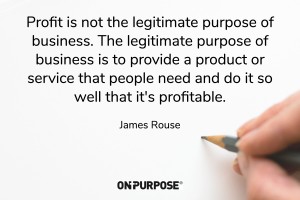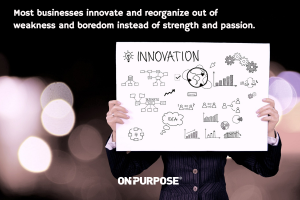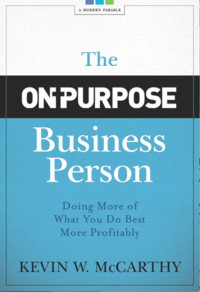Customer service is first an attitude before it is a behavior. Too often we focus on creating excellent customer service skills but we neglect the well-being and perspective of the person delivering it. How a customer is treated makes all the difference to their impression, experience, and promotion—yes, promotion—of your business.
Treat your customers right—first, because it is the right thing to do in a civil society. Second, treat them right because it is really smart business.
Do you have a concerted effort to improve the customer experience? If not, why not?
Customer service would appear to rest mostly on the shoulders of the front-line person interacting with the customer.
But does it really? Long before the customer relationship begins the top leaders of the organization hire the employees, set the standards, make investments, train managers, and create training programs.
The front-line employee is an easy target when things go wrong with customer service complaints. Admittedly, the front-line person does have a high responsibility. The fact is customer service improvement is a joint effort unified and girded by the strength of personal leadership across the entire team.
If your customer service levels have plateaued below your standards, then consider that you might have a systemic problem rather than a people challenge. Look to your business strategy, departmental cooperation, hiring, technology, training, or any number of issues under the purview of the “Customer Service” department.
Customer service skills training may provide a quick fix, but it is rarely a long-term improvement in the customer experience.
Watch this On-Purpose Minute, “Do Good Manners Matter?” about the importance of manners and the Ritz-Carlton approach to serving “ladies and gentlemen.” Having recently stayed at the Ritz-Carlton in Buckhead, GA I can tell you that this approach remains alive and well.
How On-Purpose Partners can help you
If you lead the company, you may need an assessment and recommendation to shift your corporate culture toward customer service excellence. We also offer one-on-one executive coaching as well as training and development programs designed to help your team members become TOP Performers and excellent in their customer service. Email us to arrange an appointment.

 boredom instead of strength and passion. That means they’re fixing what’s broken and calling it innovation when in fact the fundamentals weren’t in place as is. Hopping from idea to idea is symptomatic of an unsettled and non-strategic business owner prone to chasing squirrels or shiny new objects.
boredom instead of strength and passion. That means they’re fixing what’s broken and calling it innovation when in fact the fundamentals weren’t in place as is. Hopping from idea to idea is symptomatic of an unsettled and non-strategic business owner prone to chasing squirrels or shiny new objects.
